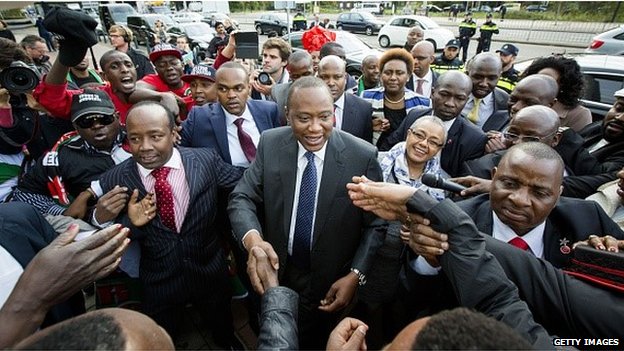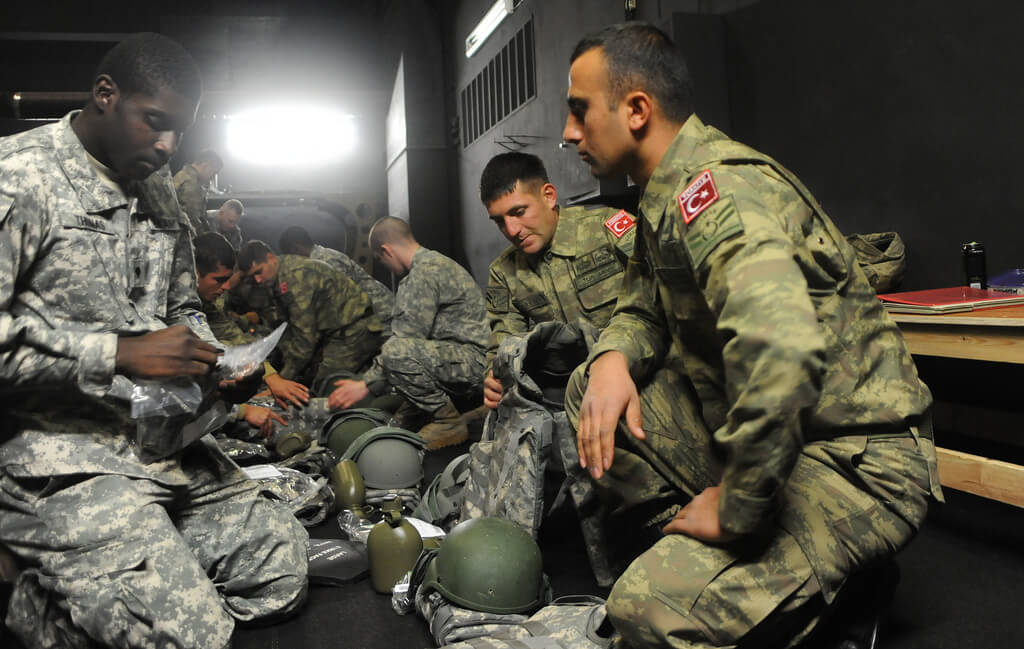What motivate acts of terror? Is violence socially determined? Is it above the individual and a product of deeper historical, economic, and cultural forces?
There are two main streams of thought regarding Islamic radicalization. One focuses on social and economic deprivation of the individual, the other focuses on the wider circumstances and environments these individuals are exposed to. The former suggests “educational and economic empowerment” as solutions to radicalization. The latter suggests the roots of radicalization are not necessarily in Islam but in a variety of historical events and current state policies considered “crimes and injustices of Western imperialism,” most notably the 2003 invasion of Iraq, and the way the state and the community handles these individuals. There is not necessarily a strong correlation between social and economic circumstances and radicalization as “most terrorists are neither poor nor uneducated” and the majority come from middle class backgrounds.
It is important to differentiate between radicalization as a process, and terrorism as a tactic. According to a study done by the Directorate-General for Internal Policies of the European Parliament, “radicalization should be viewed as a non-mechanical process.” This means that each radicalized individual undergoes a uniquely characterized process defined, in part, by his or her local contexts and background. According to an article published by the Brookings Institution, “the root causes of violent radicalism are extremely complex, multifaceted, and often intertwined.”
In the case of IS radicalization, there are international “hotbeds” of such activities. IS tactics rely heavily on the ease with which recruits are able to travel to Raqqa, IS’s de facto headquarters, and the ease with which they can return. State security agencies and police can only do so much to monitor and prosecute these individuals, and only if they have evidence. IS has “radicalized, recruited, and trained” thousands of young Europeans. In France, it is estimated that there are between 400 to 500 individuals radicalized by IS. It is believed “at least half” of the individuals that have returned are “plugged into technically savvy support networks.” This number does not include individuals, called “lone wolves,” who never travel to IS controlled territory.
Homegrown terrorism is a product of the radicalization of individuals, and is separate, without any connection, direction or control from the terrorist groups they support. There have been instances when homegrown terrorists do associate or are a part of small networks of individuals who are directly affiliated to, or at least identify with the terrorist groups they support. However, these individuals normally rely on the Internet and social media when it comes to acquiring information.
The reports of the Paris terrorist attacks this past weekend provide only minimal information on each supposed attacker. According to a Soufan Group’s Intel Brief, “it appears from initial reports that the Paris attackers were at least in recent contact with operatives in Syria, which would represent, on one level, a giant leap from the capital of the caliphate into Western Europe.” These initial reports suggest that there was “a level of direct and meaningful communication between some of the Paris attackers.”
It is still unclear whether these attacks were directed by IS, or simply motivated by the terrorist group’s ideology. This key difference could explain the reach and scope of IS’s command and control of radicalization and homegrown terrorism in the West. Until recently, the group has only inspired small-scale attacks on the West. However, this change could mean the evolution of IS “from inspiring attacks to directing them, with a corresponding leap in lethality and body count.”




